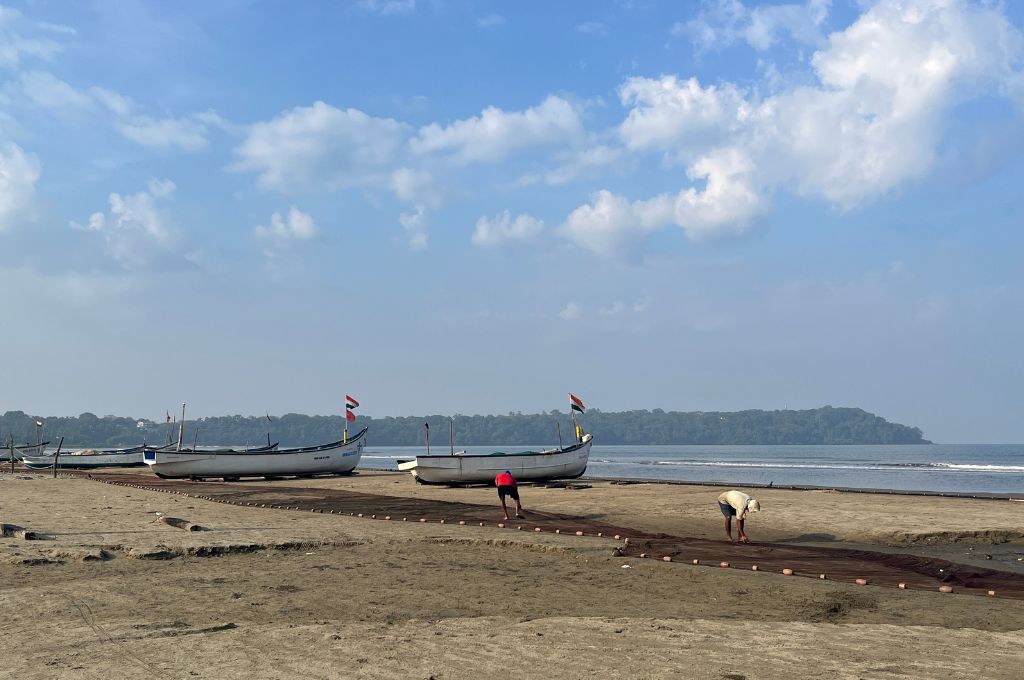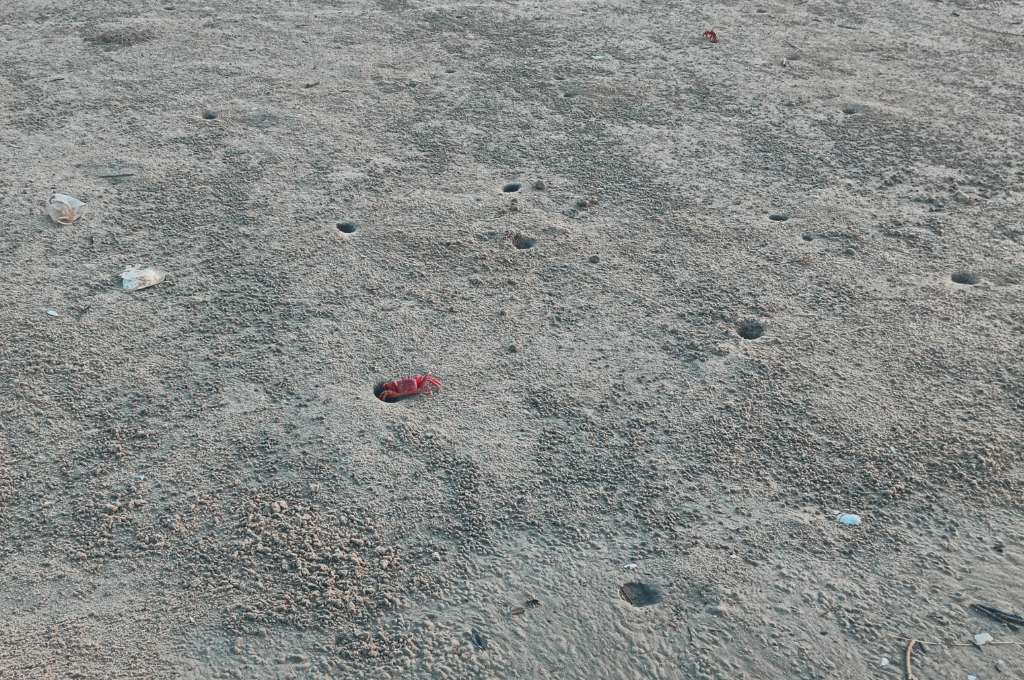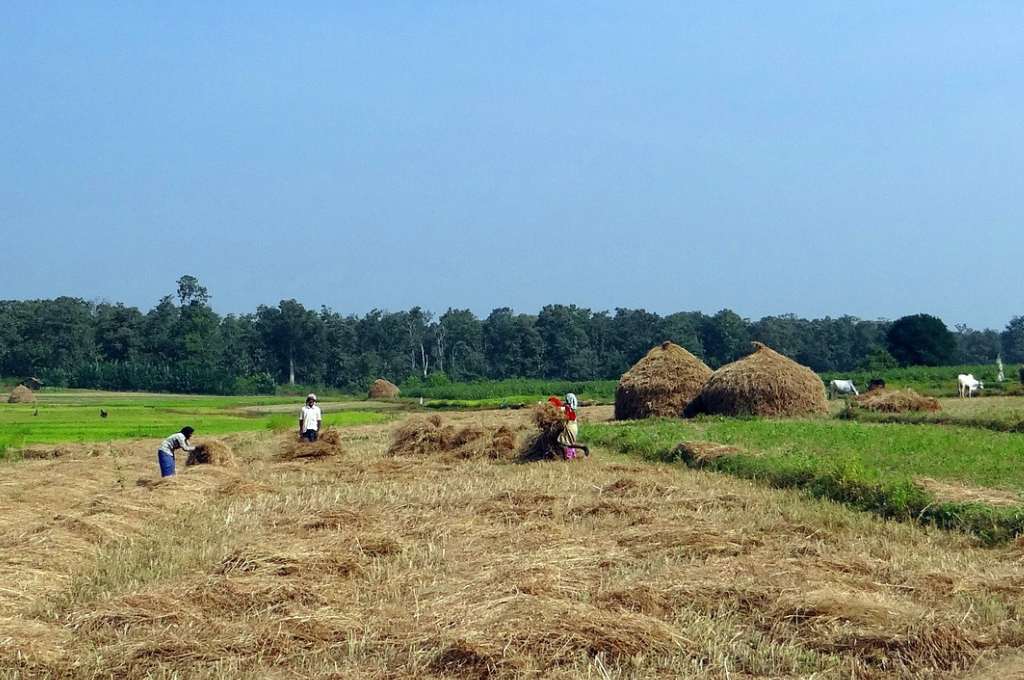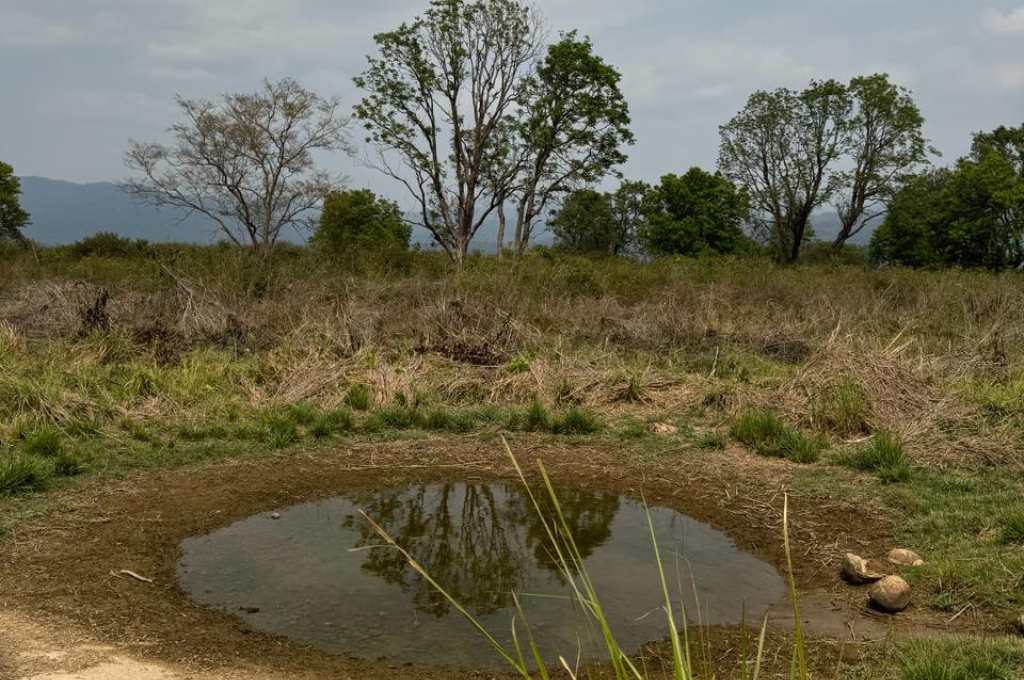READ THIS ARTICLE IN
A thumbprint isn’t enough: Why rural women artisans need to open Demat accounts
Dhanni Bai* learned hand embroidery from her mother and aunts when she was a young girl. She practised it as a hobby for many years, and in 2007 she started producing embroidered products for rangSutra, an artisan-owned crafts company. She also took the opportunity to become a shareholder with the company. Her share certificate is displayed on a wall in her home alongside family pictures. “This is the one document that has my name on it…the house we live in is in my husband’s name and the land we cultivate is in my father-in-law’s name.” Being a shareholder ensures regular work and a share of the profits to artisans like Dhanni Bai. It also instils a sense of identity as these artisans can now contribute to their family income.
Seventy percent of rangSutra’s 2,000 rural artisans are women. This presents some challenges, particularly when it comes to compliance. A law that was passed in 2018 mandates that all shares of public limited companies be dematerialised. This refers to the conversion of physical shares (certificates) into electronic shares. For all rangSutra shareholders, this means opening demat accounts.
A PAN card and an Aadhaar card are mandatory documents to open a demat account. Most rural women like Dhanni Bai do not have a PAN card as they do not need to pay taxes, given their limited incomes. Many women, especially older ones, do not know how to sign, read, or write and have given thumb impressions. A Demat account mandates a signature, and thumb impressions do not work, thus making it necessary to create a new PAN card with the shareholder’s signature. The Aadhaar verification process requires applicants to provide an OTP on the phone. Many women in rural India do not have personal phones. All in all, opening a Demat account is a complicated process for rural women artisans.
While most artisans do not plan to sell their shares any time soon, opening Demat accounts will be necessary to facilitate any share transactions in the future, enabling liquidity for artisans. Tedious procedures aside, this could be a crucial step towards formalising India’s artisan economy.
*Name changed to maintain confidentiality.
Sumita Ghose is the founder and MD of rangSutra, which collaborates with 200 Million Artisans, a content partner for #groundupstories on IDR.
—
Know more: Read why India needs to empower its artisan economy.
Do more: Connect with Sumita Ghose at [email protected] to learn more about rangSutra’s work.



